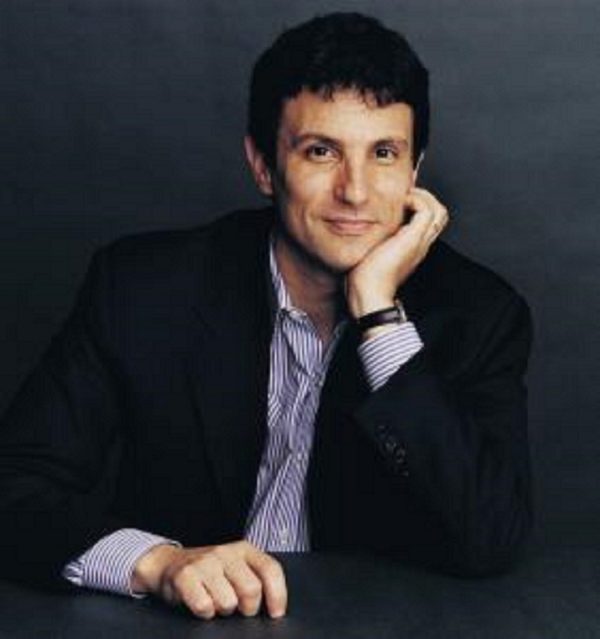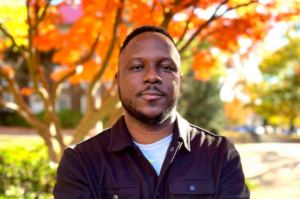
There are pleasant shocks and there are pleasant shocks and then there is Enkare Review publishing an interview with David Remnick, editor of The New Yorker. An eight-month-old magazine based in Kenya and run by writers in their twenties getting audience with the Pulitzer Prize-winning editor of a 92-year-old magazine regarded as the most influential in the literary business.
The interview, conducted by Sanya Noel via email, demonstrates the ambition that characterises the magazine. It is in-depth, the questions as accomplished as the ones you might read in perhaps The New Yorker itself or The Paris Review. Remnick is asked about the role of literature in effecting change, the “place of optimism in critical thinking,” what makes a “The New Yorker Short Story,” the magazine’s policy on covering Africa, their process of fact-checking, and particularly, how The New Yorker came to be what it is.
This is a big deal and we should all celebrate this groundbreaking moment. As we did last year when the then two-month-old magazine published a short story by another Pulitzer Prize-winner in Junot Diaz. In December of 2016, we ran a feature on how the magazine, alongside Nigeria’s Expound, is setting the bar high for literary publishing on the continent. We are grateful for the existence of Enkare Review—their staunch dedication, their excellent curating, their towering ambition. Long may it live.
Here is an excerpt from the interview.
Interviewer
Enkare Review is a literary magazine based in Nairobi with the intention of covering the world with an emphasis on Africa, especially East Africa. We’ve had a number of literary magazines in the region before. Transition was founded in Kampala in 1961, but it does not have a reading here, not after 1991 when it moved to the United States. But we’ve had a number of e-zines that have come up in the recent past, both in East Africa and beyond. The New Yorker has existed for close to a century now. As a young magazine, we are interested in your view of what makes a literary magazine grow deeper roots. What, in your view, has made The New Yorker continue being at the forefront of literary magazines for this long?
David Remnick
Magazines—and now websites—are usually born in a flush of excitement. Artistic or ideological or visual excitement. Something gives it that initial impulse to create. But you have to give it time to see what form it will take. The publication takes shape over time—assuming it is lucky enough to have time on its side. When The New Yorker began, in 1925, it was radically different. The fiction was brief and awful. The reporting was shallow, less ambitious, often whimsical, rarely serious. What it had, though, was a sense of fun, of irreverence; it radiated a boredom with, and disdain for, the straightforward, conventional journalism of its day. And it was distinctly local. I don’t just mean in terms of its Manhattan roots. I mean the Manhattan of a certain Jazz Age class. Now we have more or less the same typeface, some of the same symbols, but so much has developed since then: long, deep investigative and personal reporting pieces; serious fiction; rich cultural criticism. In addition, The New Yorker is now a national, even international, presence. We long ago went beyond Manhattan, though there is a distinctively New York essence there. Some of the seriousness came with the Second World War and the seriousness that the times required. One thing it had from the start was a value placed on accuracy and clarity. On fact-checking, unlike certain Presidents, we want to live in the reality-based universe.
Read “Regarding Literary Magazines: An Interview with David Remnick” in Enkare Review.
Enkare Review‘s debut issue drops on 30 April.









Hannah April 19, 2017 07:08
"...unlike certain Presidents..." Lol!